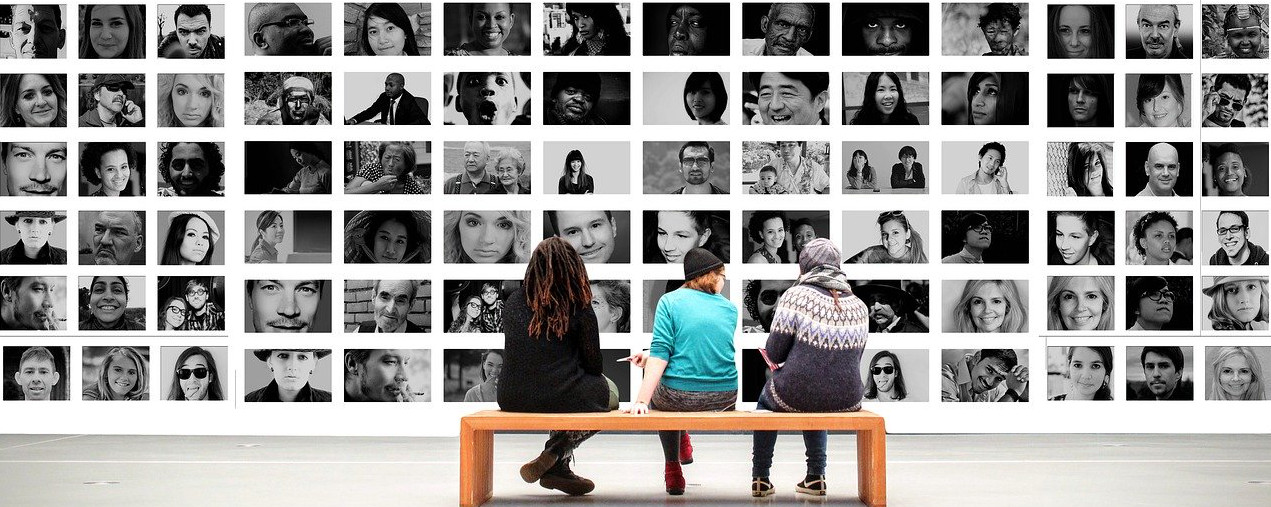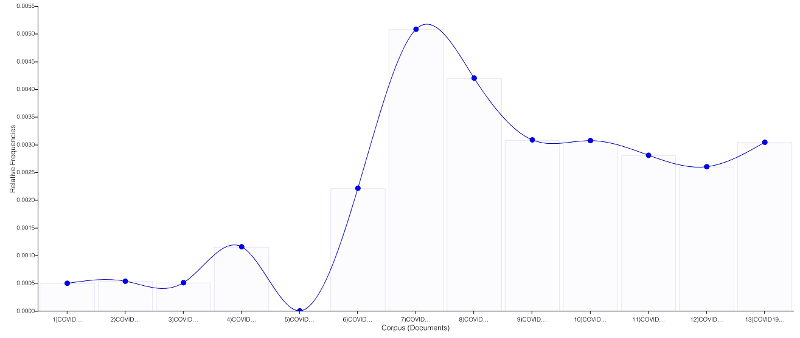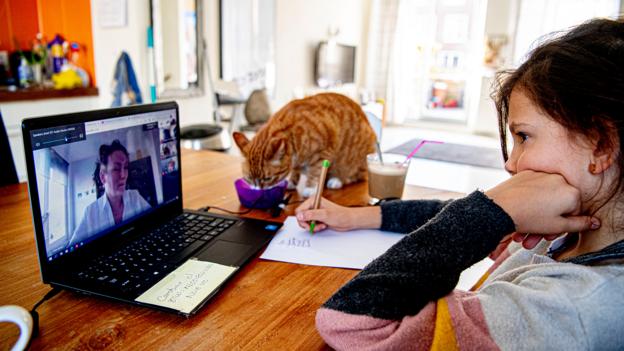The Canadian Comparative Literature Association (CCLA/ACLC) celebrated in 2019 its fiftieth anniversary. The association’s annual conference, which took place from June 2 to 5, 2019 as part of the Congress of the Humanities and Social Sciences of Canada at UBC (Vancouver), provided an opportunity to reflect on the place of comparative literature in our institutions. We organized a joint bilingual roundtable bringing together comparatists and digital humanists who think and put in place collaborative editorial practices. Our goal was to foster connections between two communities that ask similar questions about the modalities for the creation, dissemination and legitimation of our research. We wanted our discussions to result in a concrete intervention, thought and written collaboratively and demonstrating what comparative literature promotes. The manifesto you will read, “Knowledge is a commons – Pour des savoirs en commun”, presents the outcome of our collective reflexion and hopes to be the point of departure for more collaborative work.
Thanks to a panel on the Journal in the digital age at CSDH-SCHN 2020 I learned about the manifesto, Knowledge is a commons – Pour des savoirs en commun. The manifesto was “written colingually, that is, alternating between English and French without translating each element into both languages. This choice, which might appear surprising, puts into practice one of our core ideas: the promotion of active and fluid multilingualism.” This is important.
The manifesto makes a number of important points which I summarize in my words:
- We need to make sure that knowledge is truly made public. It should be transparent, open and reversible (read/write).
- We have to pay attention to the entire knowledge chain of research to publication and rebuild it in its entirety so as to promote access and inclusion.
- The temporalities, spaces, and formats of knowledge making matter. Our tools and forms like our thought should be fluid and plural as they can structure our thinking.
- We should value the collectives that support knowledge-making rather than just authoritative individuals and monolithic texts. We should recognize the invisible labourers and those who provide support and infrastructure.
- We need to develop inclusive circles of conversation that cross boundaries. We need an ethics of open engagement.
- We should move towards an active and fluid multilingualism (of which the manifesto is an example.)
- Writing is co-writing and re-writing and writing beyond words. Let’s recognize a plurality of writing practices.



